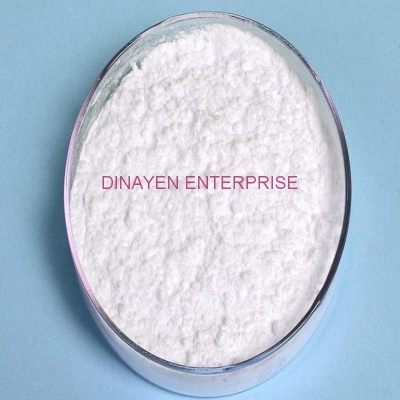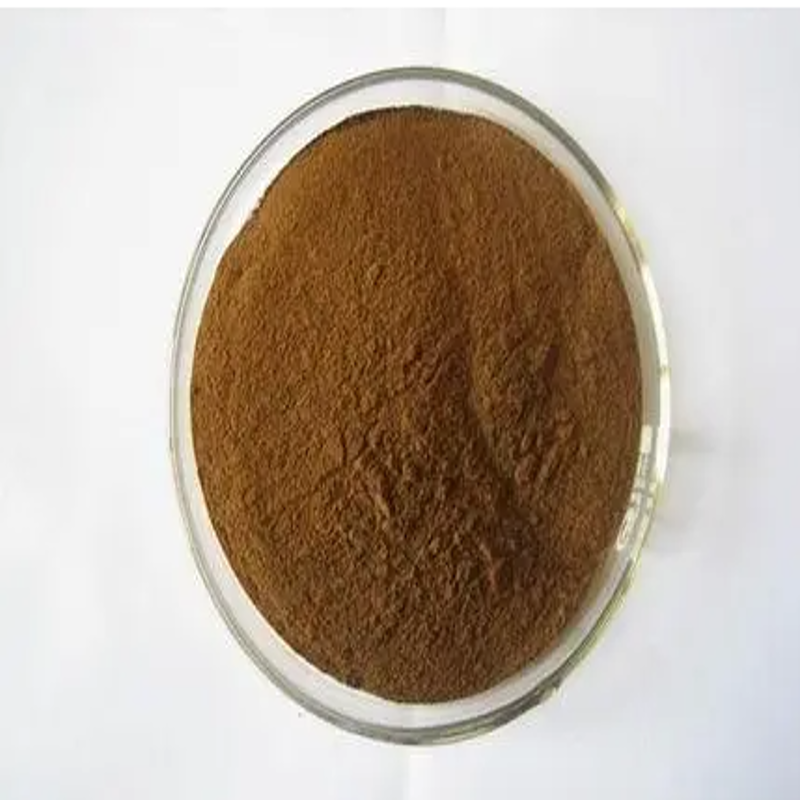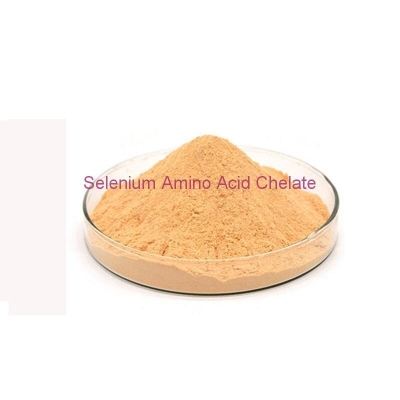-
Categories
-
Pharmaceutical Intermediates
-
Active Pharmaceutical Ingredients
-
Food Additives
- Industrial Coatings
- Agrochemicals
- Dyes and Pigments
- Surfactant
- Flavors and Fragrances
- Chemical Reagents
- Catalyst and Auxiliary
- Natural Products
- Inorganic Chemistry
-
Organic Chemistry
-
Biochemical Engineering
- Analytical Chemistry
- Cosmetic Ingredient
-
Pharmaceutical Intermediates
Promotion
ECHEMI Mall
Wholesale
Weekly Price
Exhibition
News
-
Trade Service
.
It mentioned that it is necessary to beat "cyclamate", and many fruits need to be beaten, including watermelons, oranges, grapefruits, oranges, etc.
, humans have cancer to blame it.
.
.
Fruits are sweetened with cyclamate, is this true? ?Too long to see:Cyclamate is a legal food additive, but fresh fruits should not be used
.
It is basically impossible to "make cyclamate" on the fruit during the planting process
.
The "cyclamate" that growers call may actually be just foliar fertilizer sprayed on plants
.
It is possible for vendors to use saccharine water to sweeten fruits such as bayberry and mulberries.
It is recommended that you avoid buying them at roadside vendors
.
What is
cyclamate? The scientific name of cyclamate is "cyclohexyl sulfamic acid", which is a synthetic sweetener
.
It is allowed to be used in China, the European Union, Hong Kong and other countries and regions, but not allowed to be used in the United States, Japan and other countries
.
The human body cannot absorb sodium cyclamate, even if it is absorbed, it cannot be metabolized.
Eventually, it will be excreted intact, so it is highly safe
.
As a sweetener, it is widely used in beverages, cans, cakes and other foods, but fresh fruits are not allowed
.
Is it feasible to use cyclamate for fruits? There are usually two understandings of fruit "drug", one is spraying and the other is injection
.
Rumors of sweetening fruit by injections have been circulating on the Internet for several years, but this is actually not feasible
.
On the one hand, the needle eye left by the injection will become a channel for bacteria and mold to invade, and the fruit is easy to rot; on the other hand, the injection cannot ensure that the sodium cyclamate is evenly distributed in the fruit, and it will affect the taste.
.
Especially for solid fruits like watermelon, it is really not easy to inject the potion (in 2012, the Rumor Crusher conducted a special experiment on the rumors of "watermelon injection", and the results also showed that the effect of giving watermelon injections was quite ineffective.
Good)
.
Even if it is hard to give a watermelon injection, it is difficult for the injection to spread evenly in the melon
.
What about spraying? It seems unlikely
.
Cyclamate is water-soluble and almost insoluble in organic solvents, which makes it difficult to penetrate the waxy layer of fruit skin
.
More importantly, even if it can be absorbed when sprayed on the surface, how to ensure that the Kazuki fruit is absorbed evenly? Especially fruits with thick skins like grapefruit and oranges are absorbed from the epidermis and transferred to the pulp.
This is not as simple as you think
.
If you don’t believe me, you can try chewing the peel to see if the peel is also sweet, so you will be disappointed
.
"Sweetener" is not cyclamate In fact , the "sweetening agent" referred to by growers is very likely not one of the food additives
.
In the folks, XX element and XX essence are popular names, referring to things that are efficient, powerful, and quick-acting
.
The "cyclamate" used in agriculture to sweeten fruits is actually a sweetener.
It is a plant growth regulator and a foliar fertilizer sprayed on the surface
.
It is the first developed technology in developed countries in Europe and America, and it has been applied in agriculture decades ago
.
"Sweeteners" used in agriculture do not refer to sweeteners
.
There are many commercial products in this category, but the ingredients are different
.
Common ones include polysaccharides or polysaccharides, trace elements such as boron, molybdenum, zinc, and manganese, rare earth elements (also commonly used as foliar fertilizers for tea), sodium thiosulfate, sodium sulfate, sodium sulfite, etc.
.
These things themselves are not sweet.
They basically promote plant metabolism and the synthesis and accumulation of nutrients to achieve the purpose of increasing fruit yield, shortening the ripening period and improving appearance quality
.
Is the fruit getting sweeter? It is the result of breeding! Nowadays, many fruits really taste sweeter than in the past, but this does not mean that they are added with sweeteners
.
Everyone loves sweetness so much, so fruit breeding continues to develop in the direction of being bigger and sweeter
.
Through the selection and breeding of generations of agricultural scientists, fruits have become sweeter and sweeter.
Even corn and potatoes have bred sweet varieties
.
If the fruit does not taste sour, it is said that there is something wrong with it, and the agricultural technicians will really cry
.
There is a real possibility that saccharin-soaked fruits may use sweeteners (such as saccharin, cyclamate) in the planting process, but it is still possible in the middle circulation and sales links, such as the famous "saccharin date"
.
It's a pity that soaking dates with saccharin in water is useless.
This is just a trick for vendors
.
It is difficult for saccharin to penetrate the dense jujube skin, so it can only sweeten the outer layer (the jujube turns red not because of saccharin, but because of warm water)
.
Similarly, some small vendors will spray saccharine water on fruits such as bayberry and mulberry to sweeten them.
This is also a blinding trick
.
If you taste it on the spot, it may be sweeter.
Take it home and wash it with water, and the saccharin will be gone
.
Therefore, it is recommended that you less buy things from street vendors.
Although eating a little saccharine is not a big deal, it does not feel good to be deceived
.
Finally, what I want to tell you is, don’t think that the secretly filmed "revealing video" is the truth
.
Even if they are really growers, and they are so utterly shameless, they probably know it and don't know why
.
Please leave the delicious, productive, cheap and fresh fruits and vegetables cultivated by modern agricultural technology to those who understand them
.
This AI is still the same sentence: love to eat, not to eat
.







